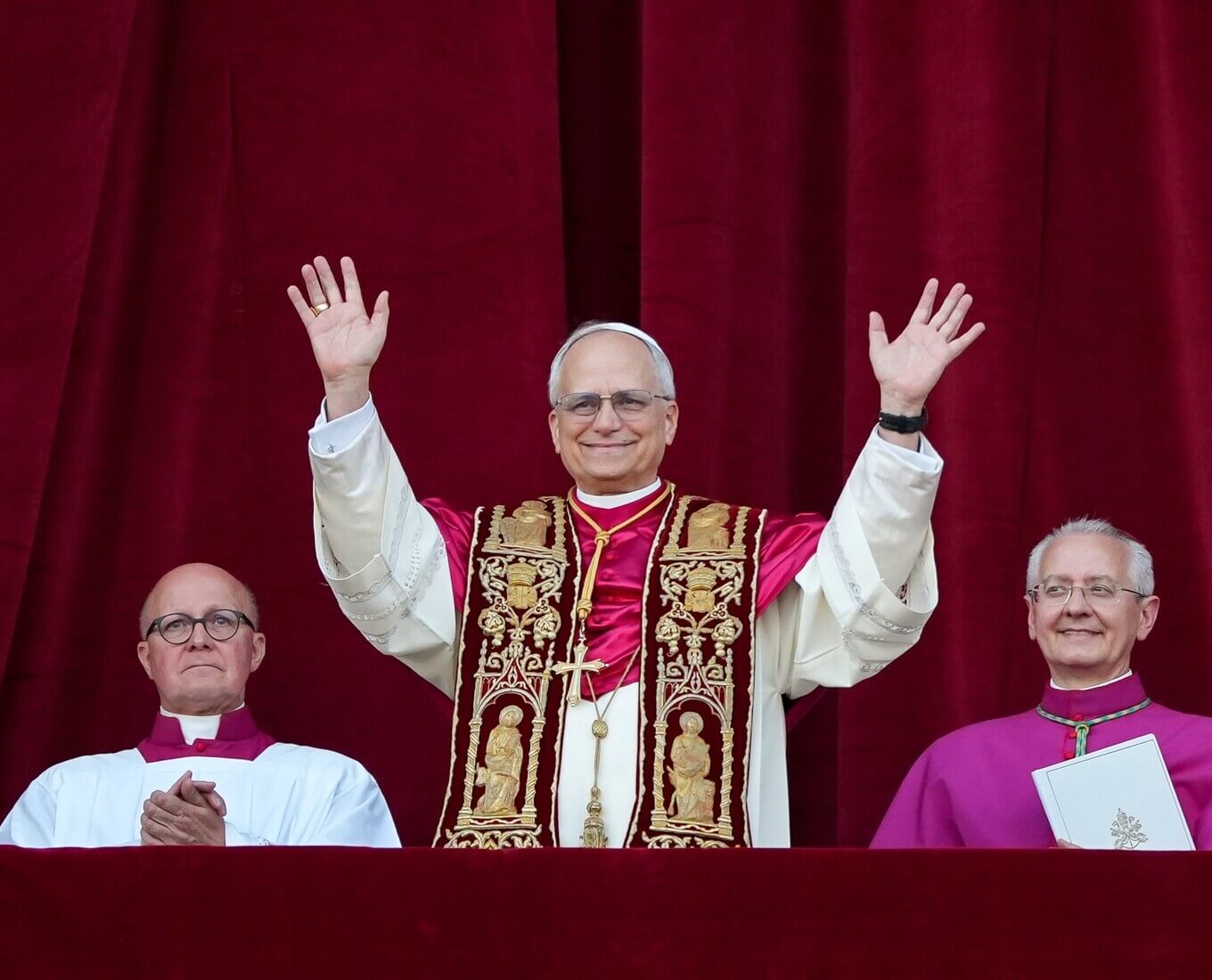Digital Humanities 2016 conference in Krakow, Poland this July. This annual international conference is the world’s largest and most important conference on current work in the field of digital humanities. The 2016 conference received a record number of 650 applications from all over the world.
All three presentations from Holy Cross were submitted by members of The Manuscripts, Inscriptions and Documents Club (MID), an academic club that works closely with ancient manuscripts and produces quality undergraduate research that has been globally showcased. Brian Clark ’15, Claude Hanley ’18, Charlie Schufreider ’17, and Melody Wauke ’17 will present a poster on their research titled “Using Digital Editions to Analyze Iliadic Text Reuse and its Poetic Tradition.” Alexander Simrell ’16 will present his paper, co-authored with Neven Jovanovic, faculty member of the department of classical philology at the University of Zagreb in Zagreb, Croatia, on “Implementing Canonical Text Services in Croatiae Auctores Latini Digital Collection.” And Stephanie Lindeborg ’13 along with MID faculty advisor Neel Smith, associate professor of classics at the College, will present a paper on “Comparing Digital Scholarly Editions.”
“What students in MID are doing is both very traditional and groundbreaking,” says Timothy Joseph, associate professor and chair of the classics department at the College. “They’re engaged in the slow, close reading of words and texts—something our students of Greek and Latin have always done. But, when digging into early, rarely read manuscripts, they’re also making original discoveries. And they’re sharing these discoveries with the world through digital publication.”
Many of MID’s projects, as well as those submitted to the Digital Humanities conference, were the results of Holy Cross’ Summer Research in the Humanities, Social Sciences, and Fine Arts Program, which runs for 8-9 weeks during the summer months. “We try to think about these research projects as part of a broader trajectory in which students develop interests in the classroom and from their life experiences,” says Daniel Klinghard, associate professor of political science and director of Summer Research in the Humanities, Social Sciences, and Fine Arts. “Then students focus that interest in a project aimed at very specific goals. MID is a great example. These are students who are really inspired by the work done throughout academic year, meeting even after class and on weekends.”
MID’s central efforts surround the Homer Multitext Project, their original and oldest project. The project is the first of its kind in Homeric studies, as it embraces technology by digitally presenting both the text and historical framework of the “Iliad” and “Odyssey,” offering a free library of texts, images, and tools that allow readers to uniquely engage with Homer’s works.
Schufreider, Clark, Hanley, and Wauke will be presenting their work on the various differences that have been illuminated through their close research with Homeric texts. “Our research is focused on the fact that three recognized scholars working at the Library of Alexandria were responsible for giving us multiforms, or accepted differences transmitted in the texts,” Hanley explains. “We prefer to use the term multiform as opposed to variant because variant implies there is a right one [version of the Iliad],” says Wauke. “But multiform brings up the idea that they’re all valid versions.” One of the main goals of their work is to produce a digital edition of the complete text and scholia from the Venetus A manuscript, a 10th Century A.D. manuscript that is the most complete text of the Iliad in existence. A digital edition has never been fully published before.
MID member Stephanie Neville ’17, who also helped work on the project, says, “The best part about MID is undoubtedly the people I am able to work with. I have met incredibly intelligent and motivated scholars whom I am lucky to be able to call my peers and mentors.”
“A lot of the digital methods we use were applied to the Homer Multitext Project first at Holy Cross and are expanded at other institutions,” shares Hanley. “We are the first to try the technology Professor Smith develops for this project, which is an automated verification system,” Hanley says. “It’s a way of checking our work. We use visual verification, checking our work with the images of the manuscript, and the equivalent of spell-checker for ancient Greek.”
Simrell will be presenting his project on a 10th Century Greek manuscript that can be applied to a different digital collection of Latin texts in Croatia. He will be focusing specifically on developing a uniform way of citing texts. “The basic idea of my project is taking things from what we do here, as part of this club, and applying it to a new set of texts in Croatia, Latin manuscripts, to create a uniform way of citing that text, like the way we cite the Iliad." Simrell is also a semi-finalist for a Fulbright that will allow him to continue working with Jovanovic in Croatia.
Lindeborg and Smith will present on automated ways to compare scholarly editions. “Working with this club of citizen scholars has changed my career profoundly,” Smith says. “These students participate only because they want to. They receive no credit and no pay, but as their record at scholarly conferences show, their work is often recognized as some of the best in the world. Their commitment to hard work on difficult scholarly material, and to helping develop new approaches to digital scholarship are creating a track record that is unique.”
According to Smith, Poland will be the seventh country were MID members have spoken at conferences since the club was officially recognized in the 2011-12 academic year. In addition to global recognition, MID members have spoken at events in Michigan, Pennsylvania, Washington D.C., and Massachusetts. View all locations here.
Holy Cross Students to Present at International Digital Humanities Conference in Poland
Read Time
4 Minutes


